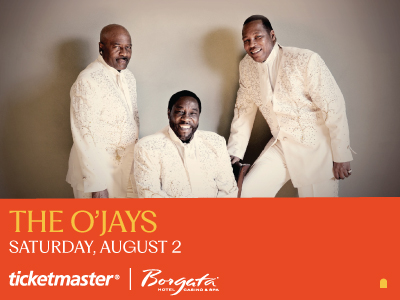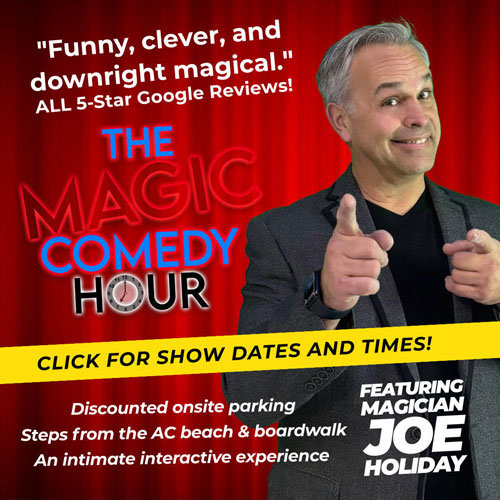By Bill Quain
Last week, my column was titled “The Worst Kind of March Madness.” It described my frustration with the crazy up-and-down weather we were experiencing. It was a follow-up to my earlier column, “Is There a Name for That,” where I described how I feel when it’s not quite winter and not quite spring. I didn’t know what to call that. Well, I recently received an email from one of my readers, Sara Rose. Sara and her friend John Burke had an answer for me! She reminded me that this time of year is when we experience the “vernal equinox.” Sara’s email sent me on a quest. I thought to myself “That’s right! But why do we have an equinox? Is it the same as a solstice?”
Equinox vs. solstice, What’s the difference?
Like most people, I sort of knew about solstices and equinoxes. An equinox is when we have an equal number of daylight and darkness hours. That’s 12 hours for each, in case your math is slow. The vernal equinox starts the spring season, and the autumnal equinox starts the fall season. On the other hand, a solstice occurs at the beginning of summer and the beginning of winter. The summer solstice is the day with the most sunlight hours, and the winter solstice is the day with the least sunlight hours. Where did I get all this wonderful information? YouTube, of course!
Earth is tilted: good or bad?
Now, let’s get back to the original “six words on a boardwalk bench” for this week. It turns out that the earth is lying partway on its side. This is what causes the seasons. You know the seasons: fishing season, baseball season, holiday season, etc. As the earth travels around the sun, its tilted position exposes different hemispheres to warmer or colder weather. Except for this year, when it seems the cold weather will never leave! And because of the tilt, the northern hemisphere has winter starting on Dec. 21, while the southern hemisphere has winter starting on June 21.
Everyone knows that having cold weather in the wintertime and hot weather in the summertime is the only right way to do it. YouTube told me that New Year’s celebrations in Australia are marked by “summer fun.” Look, everyone loves the Australians, but really? Hopefully, their shopping mall Santas have air conditioning!
Let’s complicate things! Daylight Savings Time
In 1895, life was apparently not complicated enough, so George Vernon Hudson, a New Zealand postal worker and amateur entomologist, proposed daylight savings time for two reasons. First, he thought it would save energy, and second, he wanted to be able to collect butterflies later in the day. However, the idea did not really catch on until Germany became the first nation to adopt daylight savings time in 1916. They wanted to save energy and improve their war effort in World War I.
That didn’t work out so well for the Germans. It’s possible that we should have taken that as a sign, and never let daylight savings time spread. Now, besides racing to the top and bottom of each solstice, and watching for the tipping point of each equinox, we have to move our clocks forward and backward for no good reason. Studies have shown that we really don’t save much electricity, especially now that the world is so interconnected and hooked up to electronics. In addition, it turns out that our internal clocks, those leftover vestiges of our more primordial selves, are supposed to be sent to the natural rhythm of the earth and the sun. Giving us more daylight at the end of the day actually hurts our sleeping patterns. All I can say is enough is enough! It’s no wonder that I am uneasy so much of the time! Thank heavens for my iPhone. At least it adjusts the time by itself.
My guide dog Trudy still has her internal clock. She gets very confused when we go from daylight savings time to standard time, and vice versa. It’s not so bad in the spring when we “spring forward.” The clock on the wall says it’s 5 o’clock, but her internal clock says it’s 4 o’clock. Then here I come, bringing her dinner an hour early, at least in her mind. The worst is in the fall when we “fall back.” She thinks it should be supper time, 5 o’clock, but the clock says it’s only 4 o’clock. You should see the nasty stares she gives me. Of course, I’m blind, and she is a guide dog so nasty stares aren’t really a problem for me. It will be that way for only about a week, while she slowly gets adjusted to the new schedule.
Readers: Keep those emails coming in!
So, thanks again to Sara Rose and her friend John Burke for reminding me about the vernal equinox, and for helping me to spin a new column. I appreciate all my readers, no matter what time of year it is.
As we tiptoe into summer, I’ll keep up these musings in my “Six Words on a Boardwalk Bench” columns. You can always email me at bill@quain.com. Visit my website, www.billquain.com to learn more about me, my writing, and my speaking engagements. Stop me on the boardwalk when I’m there with my guide dog, Trudy. As I say each week, I’ll see ya in the papers!
Bill is a Professor in Stockton University’s Hospitality Management Program. He is the author of 27 books, and a highly-respected speaker. Even though he is almost totally blind, Bill is a long-distance runner and runs the Ocean City Half Marathon each year. He lives in Ocean City with his wife Jeanne, and his Guide Dog Trudy. Visit www.billquain.com or email him at bill@quain.com.












